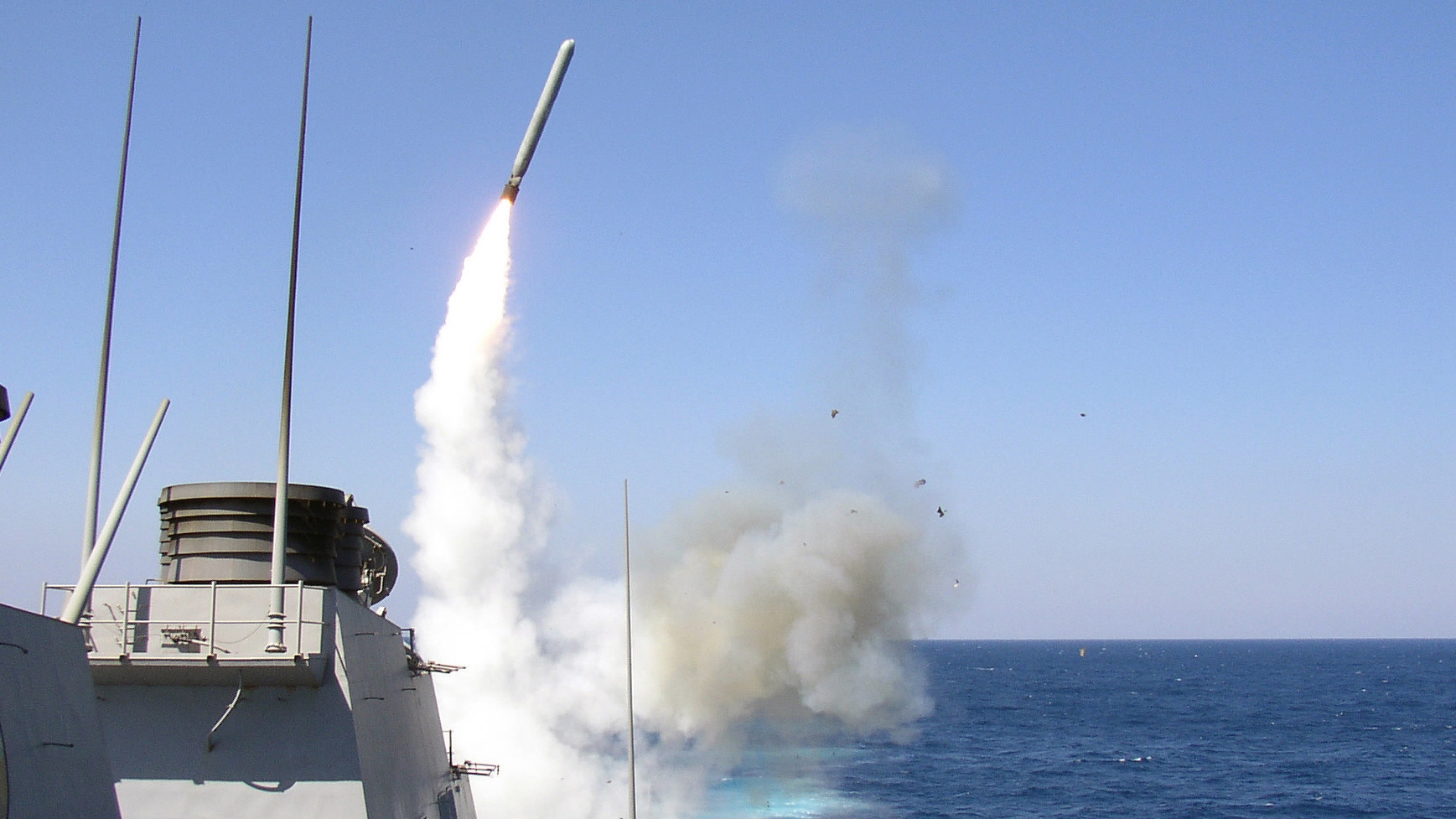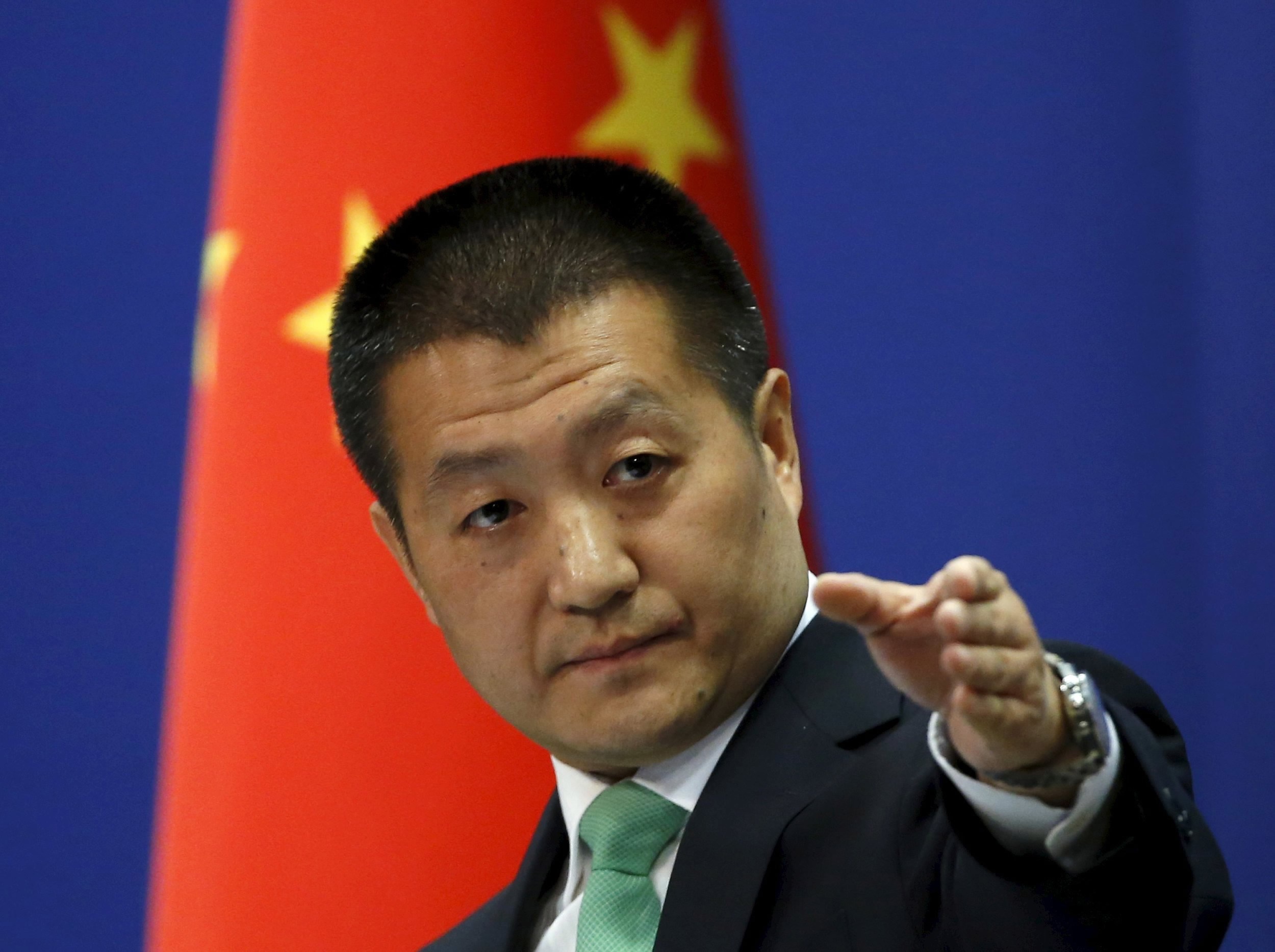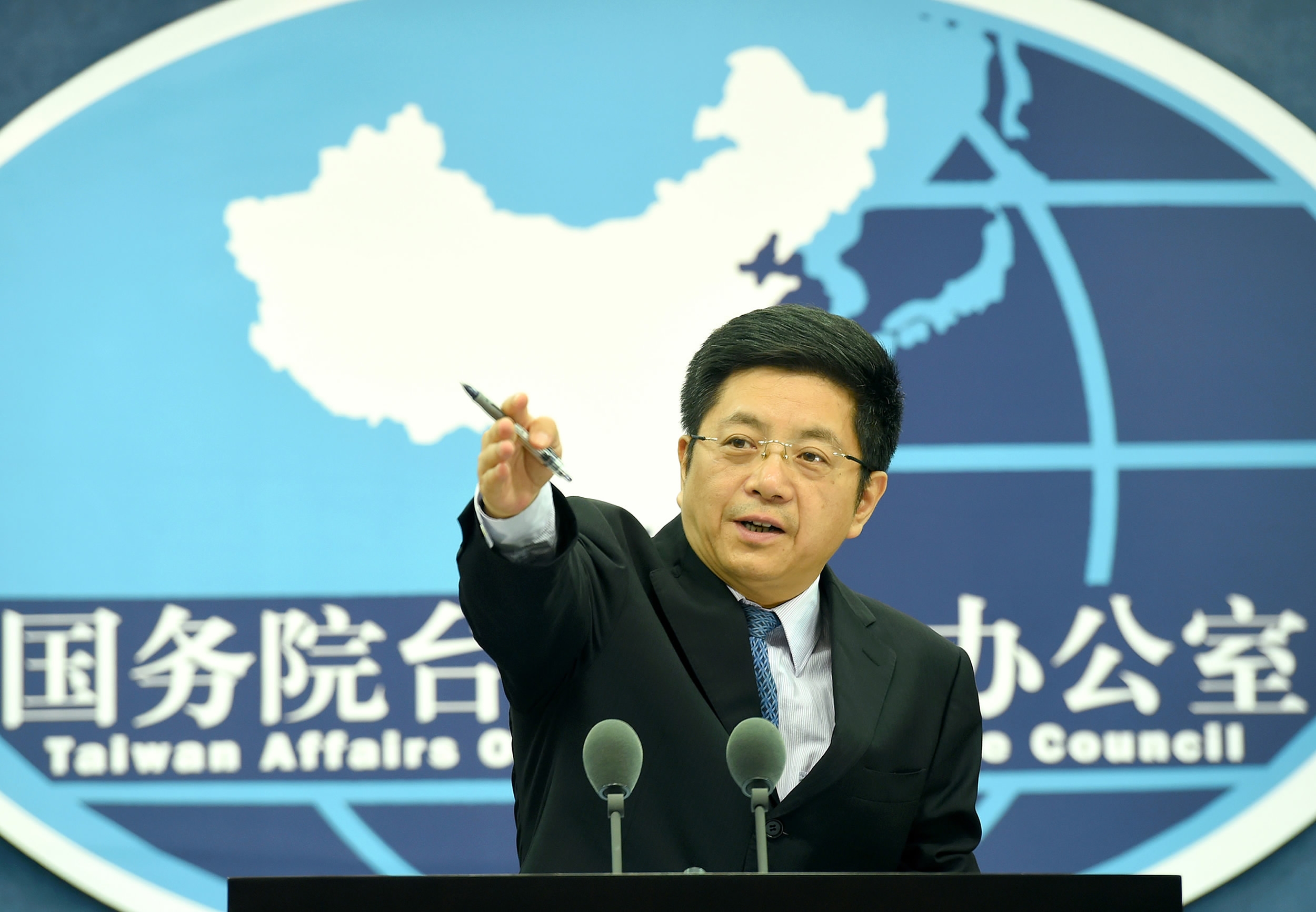
Politics
18:24, 30-Jun-2017
China urges US to revoke weapon sales to Taiwan

China has urged the US to revoke its plan to sell weapons to Taiwan, Chinese Foreign Ministry spokesman Lu Kang said Friday at a regular press conference in Beijing.
Lu said the Chinese government had made solemn representations to the US concerning the Taiwan arms sales plan, adding that the sale “severely violated international law and the basic norms of international relations.”
Taiwan is an inalienable part of China's territory, Lu pointed out, and “the US should stop military contact with the island”, so as to avoid bringing further damage to China-US relations and bilateral cooperation.

Chinese Foreign Ministry spokesman Lu Kang. /VCG Photo
Chinese Foreign Ministry spokesman Lu Kang. /VCG Photo
Ma Xiaoguang, spokesman of the State Council Taiwan Affairs Office (SCTAO), also said on Friday that China strongly and firmly opposed any forms of military exchanges between Taiwan and the US, including an arms sale to Taiwan.
Any conduct that harms peace and stability across the Taiwan Strait and the basic interests of people on both sides would have to face the consequences, Ma added.

Ma Xiaoguang, spokesman of the State Council's Taiwan Affairs Office. /VCG Photo
Ma Xiaoguang, spokesman of the State Council's Taiwan Affairs Office. /VCG Photo
Separately, National Defense Ministry spokesman Ren Guoqiang said China strongly opposed the US arms sales to Taiwan, which goes against the principles in the three China-US joint communiques and severely harms China's sovereignty and security interests.
The US State Department on Thursday approved seven weapon sales deals to Taiwan valued at about 1.42 billion US dollars. The deals, the first arms sales to Taiwan under the Trump administration, include sales of early warning radar surveillance systems, the joint stand-off weapon, torpedoes, missiles, electronic upgrades, and related parts.
US State Department spokeswoman Heather Nauert however emphasized that there was no change to the US's longstanding "One China" policy.
Related stories:
US approves arms sales to Taiwan worth $1.4 bln

SITEMAP
Copyright © 2018 CGTN. Beijing ICP prepared NO.16065310-3
Copyright © 2018 CGTN. Beijing ICP prepared NO.16065310-3